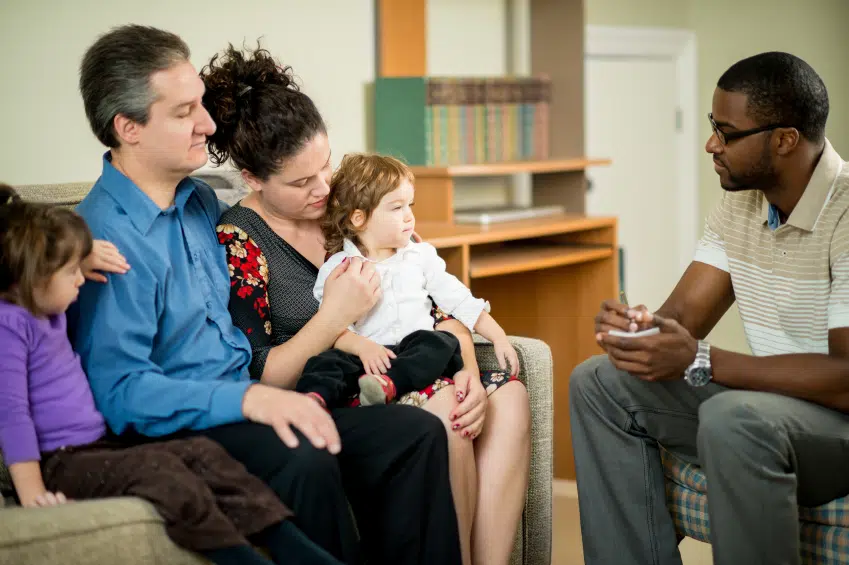- Unpacking Grief and Disability - July 8, 2024
- Breaking the Stigma: 5 Blogs to Better Understand Suicide - May 21, 2024
- 4 Tips for Better Sleep Hygiene - March 4, 2024
When it comes to grief and loss, we as a society, are unsure about what to say and what not to say to someone that’s lost a loved one, pet, recently divorced or any other loss. So most of us say what we’ve learned from others and think it’s helpful. Well, the truth is, there are a lot of unhelpful, yet common, statements that are said to a grieving person. Keep in mind that though these statements are expressed with good intentions, they are unhelpful.
Don’t feel bad – Telling a person not to feel bad after experiencing a loss is unrealistic. How can a person not feel bad after experiencing an emotional loss? If a bad thing has happened, it’s natural to feel “bad.”
Keep busy – “Oh just keep busy, stay occupied, distract yourself, find new hobbies!” No matter how busy a grieving person can stay, that will not take away the deep pain of the loss. Let’s say the griever DOES stay busy all day long. Guess what happens when they come home at night or unwind at the end of the busy day? Their pain is still there. A griever can find all the fun hobbies in the world, but that doesn’t take the pain away.
Time heals all wounds – this is the most common statement and the most incorrectstatement made to a griever. We hear it all the time. We say it all the time. But it’s so unhelpful. People that have experienced a loss will tell you that not only does the ticking clock not do anything, but overtime the pain builds. Plus, this statement puts a grieving person off in the future somewhere, and does nothing to console how they feel at the present moment.
Be strong – another very common statement made to grievers. I hear it the time. “Be strong for your family. Be strong for your wife.” When you tell someone to be strong, you are telling them to cover their true feelings. Grievers then feel if they DO show their true emotions, they are doing something wrong, as if they are purposely hurting others. Please do not advise anyone to be strong.
I know how you feel – apparently, grievers hate this comment! Why? Because it’s not true! You DON’T know how someone else feels. Yes, maybe you can relate to that person because of a similar loss, but you don’t know how someone else feels.
He/she is no longer in pain – this statement usually is said when a death occurs due to a chronic illness. Yes, he/she may no longer be in pain, but what about the pain that the griever is experiencing? This statement is unhelpful because it doesn’t acknowledge the deep pain the griever is feeling.
Read: Self-Care When Grieving

Other unhelpful statements:
Look on the bright side, at least their in a better place
It’s God’s will
You shouldn’t be feeling that way still
Don’t be angry
You’re young, you can have other children
It was just a dog/cat/bird/etc
As I mentioned earlier, these statements are intended to be helpful, but they aren’t. It’s not anyone’s fault for using these statements. How can people know what not to say if we haven’t been taught about it?
Now that you’ve learned what not to say to a grieving person, my next article will focus on what TO say.
From My Heart To Yours,
Asma
Source: The Grief Recovery Institute®






No comments yet.